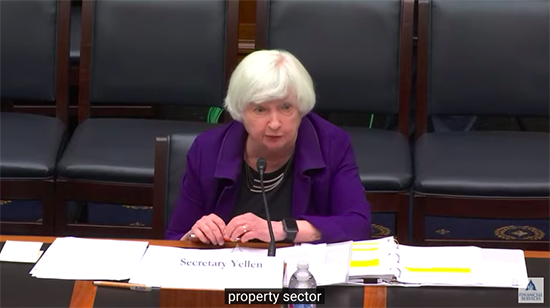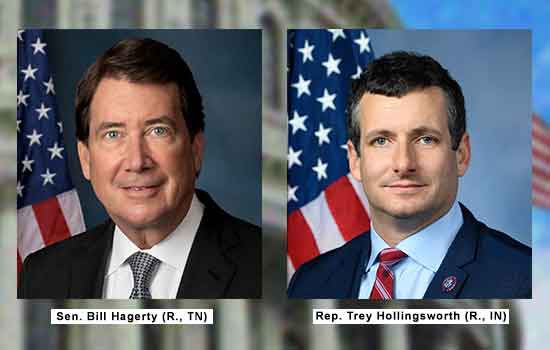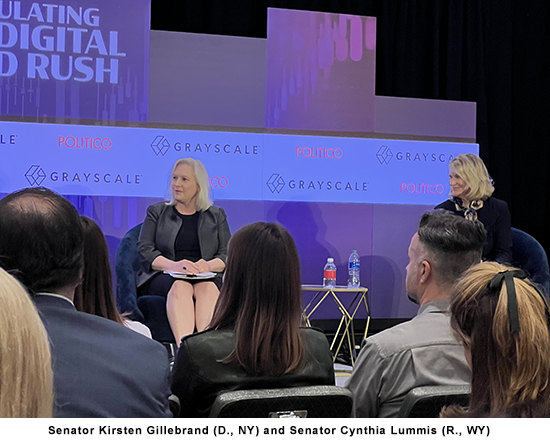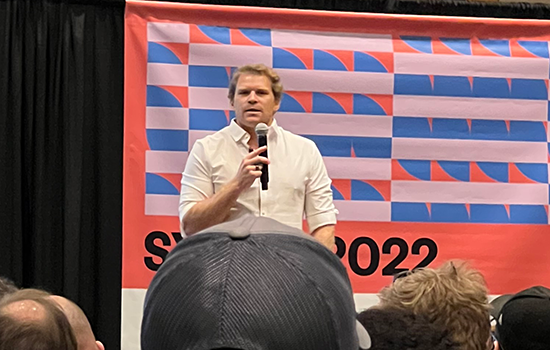In the second bill associated with stablecoins in a week from Republicans, Senator Pat Toomey (R., PA), Ranking Member on the Senate Banking Committee, announced a draft (PDF) of his new legislation today titled, “Stablecoin Transparency of Reserves and Uniform Safe Transactions Act of 2022,” or more succinctly, “The Stablecoin Trust Act of 2022.”
Sen. Toomey, who sits on the U.S. Senate Banking Committee, explained the what the new legislation does in a press release:
Authorizes three different options to issue payment stablecoins:
-
- Establishes a new federal license designed specifically for stablecoin issuers;
- Preserves the state-registered money transmitter status for most existing stablecoin issuers; and
- Clarifies that insured depository institutions are permitted to issue stablecoins.
Protects consumers by subjecting all payment stablecoin issuers—regardless of whether they are a state money transmitter or receiving a new federal license—to standardized requirements, including:
-
-
- Disclosures regarding the reserve assets backing the stablecoin;
- Clear redemption policies; and
- Subjecting them to routine audits by registered public accounting firms.
-
Provides much-needed clarity that, at a minimum, stablecoins that do not offer interest are not securities.
Provides a clear regulatory framework for payment stablecoins and rejects the Securities and Exchange Commission’s approach of regulating through enforcement actions.
Applies privacy protections to transactions involving stablecoins and other virtual currencies.
Continue reading “More Stablecoin Legislation: Senator Toomey Proposes The Stablecoin Trust Act”








